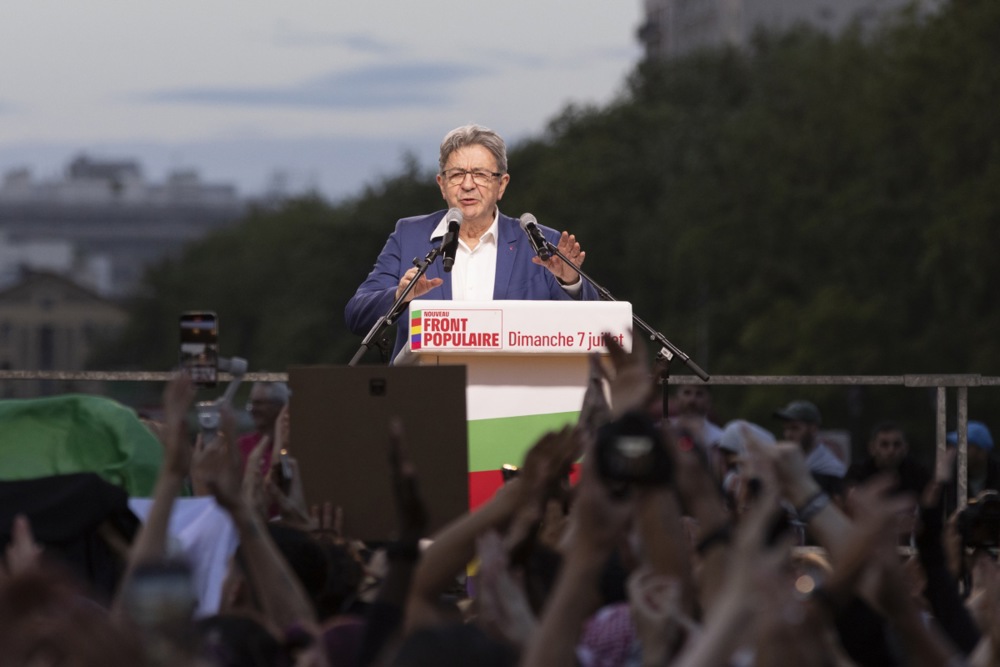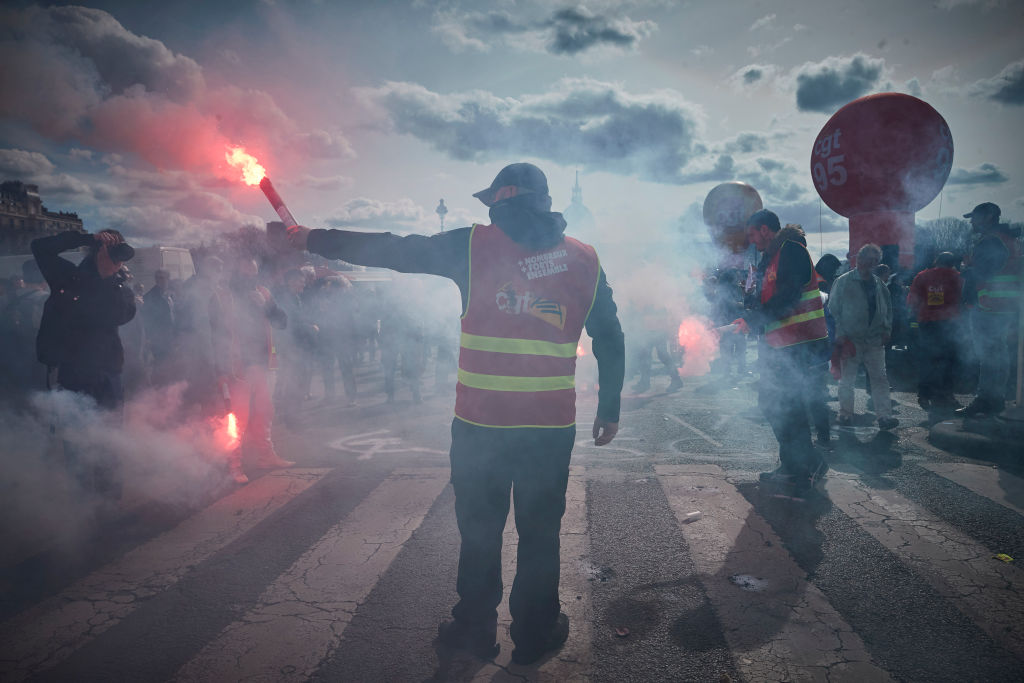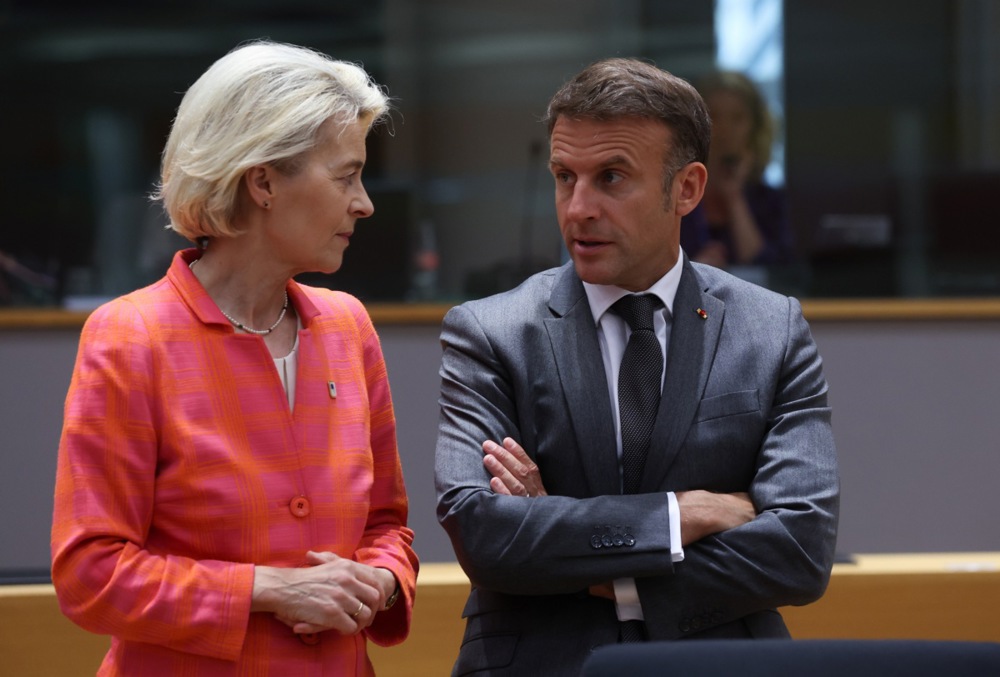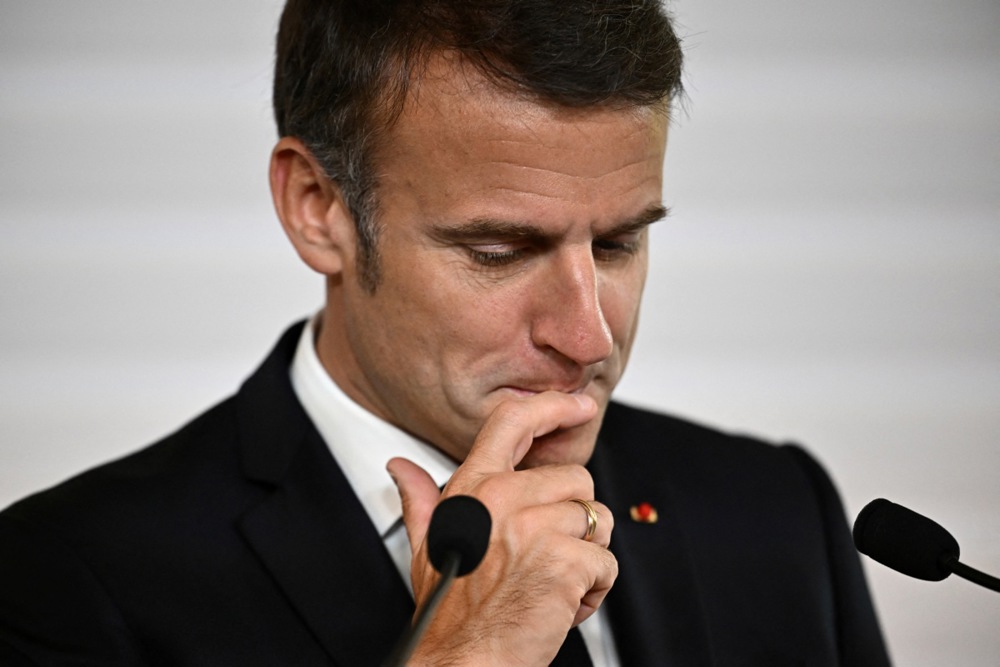Several prominent figures and leaders from the French hard-left party La France Insoumise (LFI) have announced the formation of their breakaway political movement, while President Emmanuel Macron’s Renaissance party is on the verge of collapse following its July 7 election defeat.
Gabriel Attal, soon to be former French Prime Minister, was elected President of Macron’s Renaissance group in the French National Assembly on July 12.
According to Gérald Darmanin, himself soon-to-be France’s ex-Minister of Interior and who was re-elected as an MP in July, Attal at the head of Renaissance does not address the party’s “major problem” with its “political line”.
“Elections within the group in no way resolve the two major problems we face: our political line, our project for the French people, and the critical examination of our actions, our methods and our record,” news agency AFP reported him as saying.
Indeed, Macron’s party is divided over what parliamentary strategy to pursue.
Macron increasingly isolated following election gamble. https://t.co/3JaWY7yeeo
— Brussels Signal (@brusselssignal) June 24, 2024
Darmanin is in favour of working alongside the Right. “We have to govern on the Right and not have a coalition with La France Insoumise and the [Nouveau] Front Populaire [NFP],” he declared on July 7, after his re-election in the Northern region.
Others within the party, such as Sacha Houlié , disagree with this line.
Houlié, co-founder of the Youth with Macron movement and national delegate for Macron’s original En Marche party, has opted to break away from Renaissance and establish his own parliamentary group.
“We’re trying to create a group that ranges from the social right to the Socialist Left, to make France governable. All goodwill is welcome,” he said on July 10.
Amid the crisis in the Renaissance party, LFI has officially split.
At a press conference on July 12, left-wing former LFI figures launched the After Movement, described as an Association for an Ecological and Social Republic.
In their manifesto, the founding members Raquel Garrido, Danièle Simonnet, Hendrik Davi, Frédéric Mathieu, Clémentine Autain and Alexis Corbière, pledged to help to keep alive the left-wing coalition New Popular Front.
“Unity must be more than a tactical reaction to dissolution. It must be an enduring strategic line because it is essential to victory over the far right,” they wrote.
They were critical of what they called the hard-left party’s internal democracy and LFI leader Jean-Luc Mélenchon’s “hegemony”.
“Against our will, in an undemocratic manner, we have been excluded from the political organisation we helped to create,” they said on July 12.
In its efforts to unite amid infighting, the French political Left and in particular, the hard-left La France Insoumise (LFI), has excluded prominent figures.https://t.co/98EjpUs8pC
— Brussels Signal (@brusselssignal) June 17, 2024
Indeed, except for Clémentine Autain, none of the founding members were endorsed by LFI for the legislative elections, leading to allegations of a purge within the party.
The timing of the split has raised questions among its members and activists.
Adrien Quattenens, a controversial LFI member and protégé of Mélenchon, has voiced criticism of the dissident movement.
He shared a screenshot on X, indicating that the actual creation date of the After Movement, officially launched earlier in the day by LFI dissidents, was in May 2024, several weeks before their expulsion from the party.
“[The AFter Movement] was already [there] before,” he remarked.
Date de déclaration : 21 mai
« L’après » c’était déjà avant. https://t.co/tas0lvW4yR pic.twitter.com/yJQRtLtr9c
— Adrien Quatennens (@AQuatennens) July 12, 2024
According to text messages from left-wing activists, there were already whispers and scouting for potential support in April, allegedly suggesting that the founding members of the After Movement (L’Après) were contemplating their departure long before the European Election and Macron’s snap election.
One activist declared such on X on July 9, prompting a sharp retort from Rachel Garrido: “Mélenchonism attacks all those who think about the post-Mélenchon era. Even if that means using rotten methods. Voters have understood this perfectly well, and that’s why they elected Corbière, Ruffin, Autain, and Davi.”
“The LFI group is the only left-wing group to be declining in numbers. This sectarian behaviour has no future,” she added.
The hard-left’s official split comes amid the formation of the new French Government and the ongoing political battle between the left-wing coalition and Macron over appointing a left-wing MP as PM following the Left’s victory.
On July 12, a new consensus figure emerged as a prime candidate as PM within the New Popular Front – President of the French overseas region La Réunion, Hugette Belo.
The French Left has pushed President Emmanuel Macron to appoint a left-wing prime minister as well as continue to marginalise Marine Le Pen’s National Rally. https://t.co/u6928H9Ju2
— Brussels Signal (@brusselssignal) July 9, 2024





